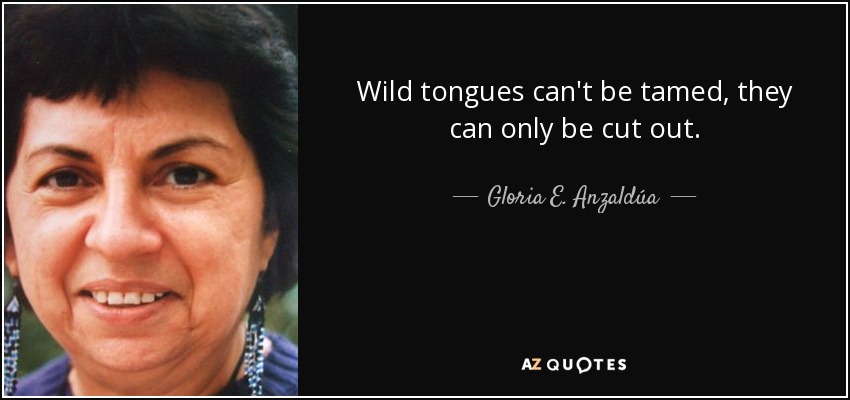As a Bisexual/Pansexual Queer person, who is part of the LGBT+ spectrum, I find it difficult to “come out” in the classroom, whether it be to my own students or to my fellow graduate colleagues. I think anyone who is part of the LGBT+ spectrum, particularly trans people (because of the lack of understanding people have of gender identity and its flexibility), have a difficult time with this, especially knowing how much discrimination and judgement LGBT endure throughout their lives. Just recently this terrible republican white guy is trying to pass a law that would allow employers, aka “government contractors,” to discriminate against LGBT+ people on the basis of “religious freedom.” Right, so it is totally a part of your freedom if you choose to fuck up other people’s lives. Cool.
I do think in some ways, it is easier for a Lesbian or Gay person to come out in the classroom and/or to other colleagues. This is because compared to a Bi person like myself, it is a monosexual identity. Monosexual means liking one or the other. I like people based on if we vibe well, not their body parts or gender identity. But for some people, a Bisexual identity is “confusing” or “not real.” It is “greedy” or a “phase.” I can assure you as a Bi person that this shit is all false. I am real and no I am not confused. A Monosexual identity, such as being hetero, lesbian, or gay, is not too “confusing,” at least to people who are not severely homophobic. This is what makes coming out in the classroom, as a Bi person, difficult.
As a teacher, I think of how students knowing my sexual orientation would hinder my ability as a facilitator in their writing. This is because some students may sexualize me, based on all the stereotypes of Bi-woman as slutty threesome porn-star people. Whether or not I am slutty or have had threesomes, the point is that I do not want students to have this notion of me. I think it would lead to a sort of disrespect unfortunately. Furthermore, if there are students who think all of the typical stereotypes of Bi people (that I mentioned earlier), this may discredit me as an instructor. I am already a radical gender-fluid woman Latinx young person, so I am already dealing with identity intersections that may marginalize me in certain aspects. Adding Bisexual to it may not help.
As a student, no opportunities have really risen for me to talk about my Bisexual identity (in the English department). I mean there have been a few instances where other LGBT+ people have spoken about sexual orientation, but for some reason I find it difficult to fit in my own perspective as a Bi person. I feel like before I can even explain something, as a Bi person, I first have to abolish all the possible stereotypes people may have, which is not very encouraging. What makes this more difficult, is that as a Poly person (based on more than sexual needs, meaning actual love and emotion towards more than one person), I “fit in” to the stereotype of what people think about Bi people; which is that they are not monogamous, even though there are Bi people who are monogamous. So yeah, it is kinda complicated.
I think as a whole it is difficult for any LGBT+ person to share their identity in the classroom, for fear of how students will react. And as a teacher, it would be shitty to be faced with all of that negative energy when trying to teach. Unfortunately, the problem is that many people assume everyone is hetero by default. Which is such a skewed perception to have.
The lingering question is, How do I negotiate this? Well, basically as I implied earlier, I do not talk about my sexual orientation as a Bi person. I would rather not deal with ignorant shit being thrown my way. However, I have talked about bisexuality at one point, in one of my two classes. I have also talked here and there about LGBT+ rights and discrimination, and, I will be talking about the media photos of the Orlando massacre next week. While I do not talk about bisexuality specifically, I do include LGBT+ perspectives. Maybe one day there will be less of a stigma for people who are not hetero or monosexual to come out. But until then, I am “staying in” when it comes to being a teacher in the classroom.

